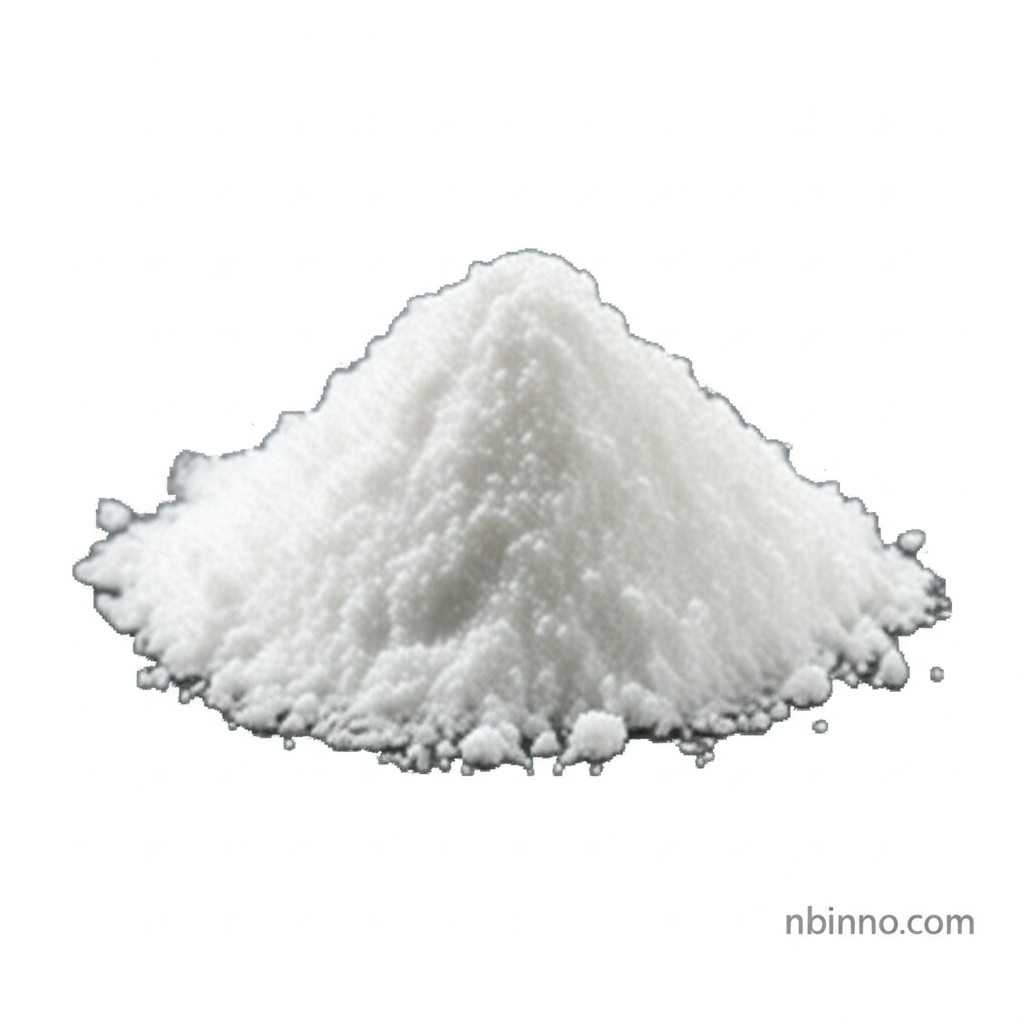Gallic Acid: Properties, Applications, and Neurobiological Effects
Explore the multifaceted benefits of Gallic Acid, a potent natural compound with wide-ranging applications.
Get a Quote & SampleProduct Core Value

Gallic acid
Gallic acid, a naturally occurring phenolic acid, is renowned for its potent antioxidant, anti-inflammatory, and neuroprotective properties. It serves as a crucial compound in various industries, including pharmaceuticals, where it's used as a standard for phenol content determination and as a starting material for synthesizing other compounds. Its application extends to the food industry as a preservative and in organic synthesis, making it a versatile chemical entity.
- Discover the widespread pharmaceutical applications of gallic acid, a key compound in drug development and analysis.
- Understand how gallic acid's antioxidant properties contribute to its neuroprotective potential in managing neurodegenerative diseases.
- Learn about the organic synthesis uses of gallic acid, a versatile building block for various chemical compounds.
- Explore the role of gallic acid in food ingredients, leveraging its preservative and antioxidant benefits.
Key Advantages
Exceptional Antioxidant Capacity
Gallic acid's robust antioxidant capabilities help combat oxidative stress, a major factor in many chronic diseases, as highlighted in studies on gallic acid's antioxidant properties.
Neuroprotection and Neurodegenerative Disease Management
With significant neuroprotective potential, gallic acid shows promise in managing conditions like Alzheimer's and Parkinson's disease, according to research on gallic acid's neurobiological effects.
Versatile Chemical Intermediate
As a valuable organic synthesis intermediate, gallic acid is essential for creating a range of specialized chemical products for various industries.
Key Applications
Pharmaceutical Industry
Utilized as a pharmaceutical standard and a building block for active pharmaceutical ingredients, contributing to the development of new drugs.
Food Industry
Serves as a natural preservative and antioxidant, enhancing the shelf life and quality of food products.
Organic Synthesis
A critical reagent in organic synthesis for creating complex molecules and fine chemicals.
Research & Development
Investigated for its potential therapeutic effects in various diseases, particularly neurodegenerative disorders and inflammatory conditions.
